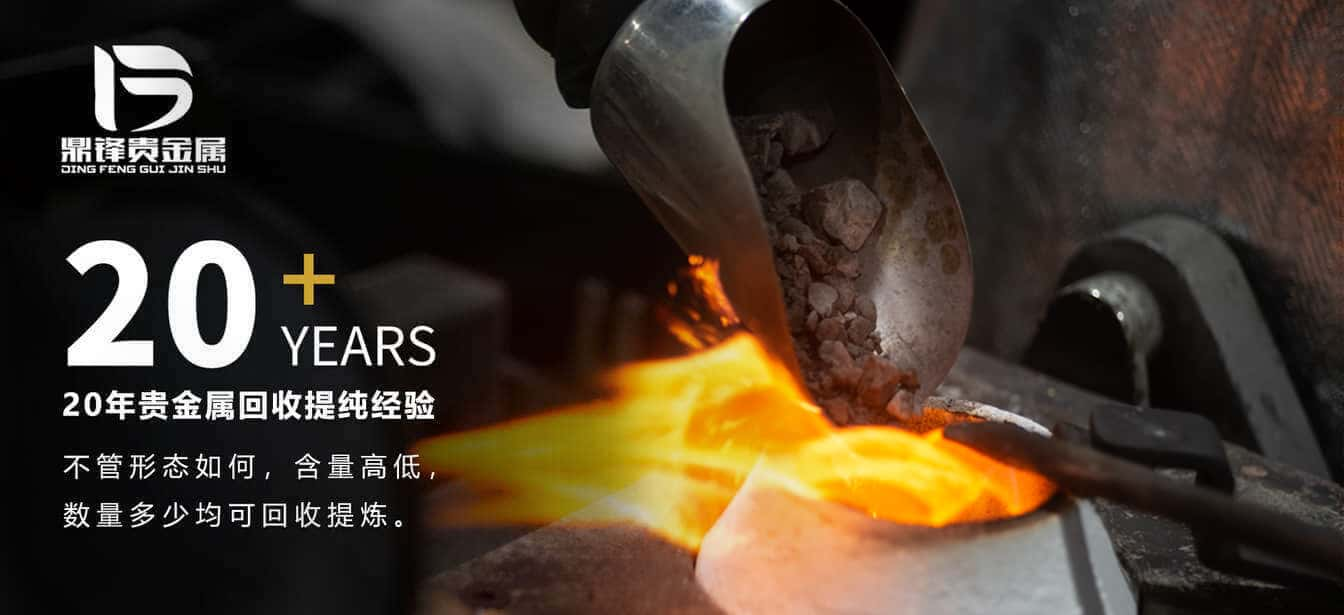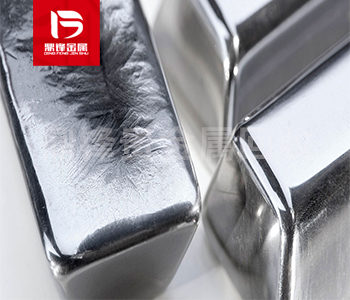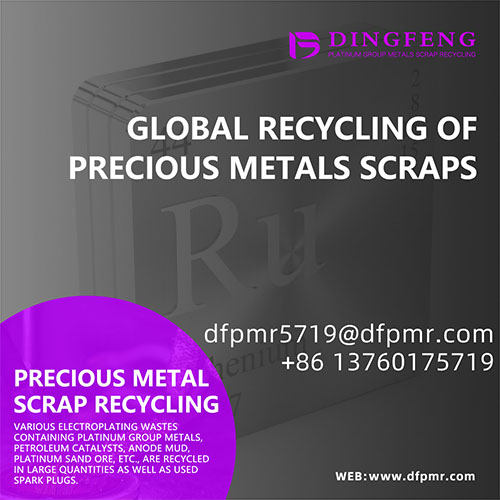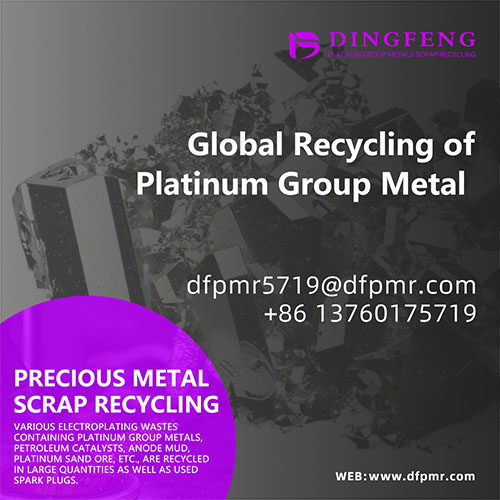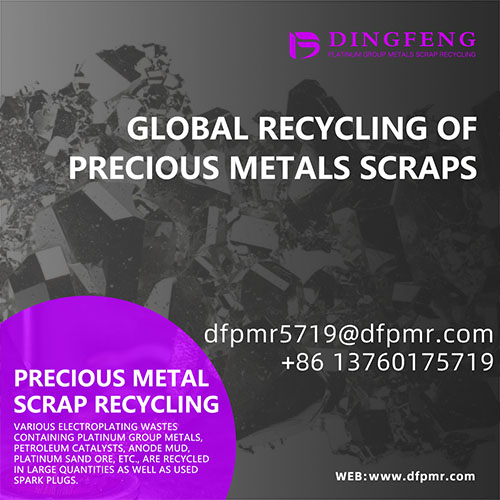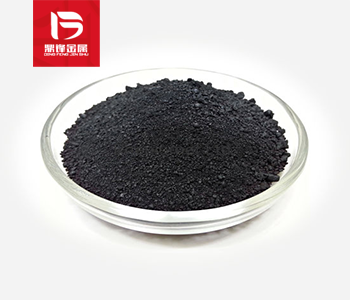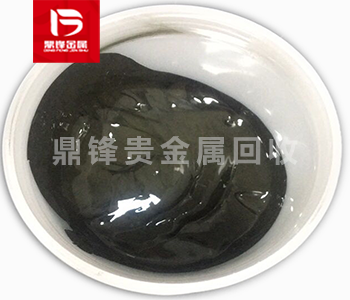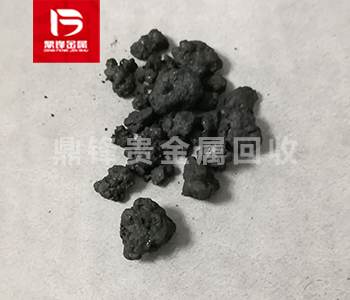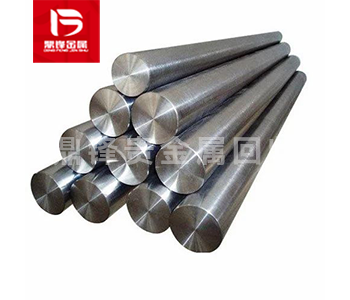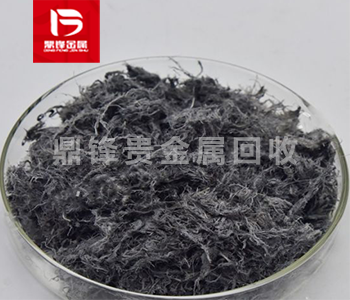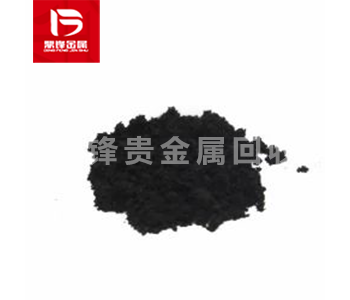Ruthenium recovery_ Environmental Benefits of Ruthenium Waste Recycling
Ruthenium is a precious metal with extensive applications in fields such as electronics, catalysis, and metallurgy. However, like other metals, their production and consumption generate a large amount
Ruthenium is a precious metal with extensive applications in fields such as electronics, catalysis, and metallurgy. However, like other metals, their production and consumption generate a large amount of waste, which may have a negative impact on the environment. In order to address these issues, efforts have been made in recent years to promote the recycling of ruthenium waste, which has had a positive impact on the environment.
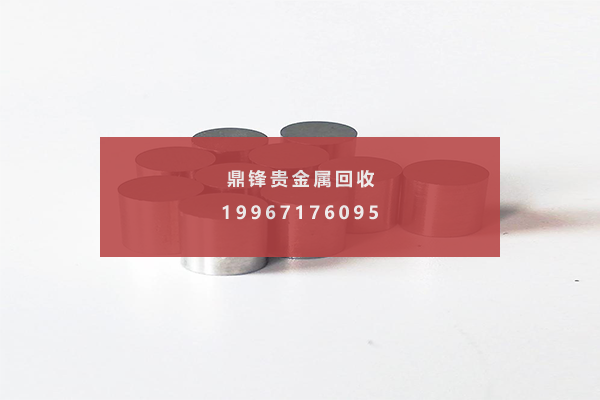
Benefits of Ruthenium Waste Recycling:
1. One of the main benefits of ruthenium waste recycling is the conservation of natural resources. Ruthenium is a rare metal with limited reserves. By recycling waste, we have reduced the amount of new ruthenium that needs to be extracted from Earth, thereby saving natural resources. In addition, the recycling process reduces the environmental impact associated with extracting and mining new ruthenium ore. The mining and processing of ruthenium ore may lead to the destruction of natural habitats and ecosystems, soil erosion, and water pollution. By reducing the demand for new mining activities, we have reduced these impacts.
2. Another important benefit of ruthenium waste recycling is the reduction of greenhouse gas emissions. The production of new ruthenium through mining and processing requires a significant amount of energy, which typically comes from the combustion of fossil fuels such as coal and oil. This process will generate a large amount of greenhouse gas emissions, leading to climate change. By recycling, we have reduced the amount of energy required to produce new ruthenium, thereby reducing greenhouse gas emissions.
2. Recycling ruthenium waste can also reduce the amount of waste sent to landfills. Plutonium waste is usually sent to landfills, where it poses a threat to the environment and human health. Landfills can infiltrate toxic metals and organic compounds into soil and groundwater, leading to pollution. By recycling plutonium waste, we have reduced the amount of waste sent to landfills and alleviated related environmental risks.
3. Recycling ruthenium waste can also save energy. The recycling process requires much less energy than producing new ruthenium. Recycling plutonium waste involves melting and refining materials, which requires much less energy than extracting and processing new ores. In addition, recycling reduces the need to transport new ruthenium, which may be an important source of energy consumption and greenhouse gas emissions.
4. The recycling and utilization of ruthenium waste also has economic benefits. Recycling reduces the need for mining and processing new ruthenium ore, which may be an expensive and resource intensive process. By recycling, we have reduced the demand for new ore and reduced the cost of ruthenium. This can create economic opportunities for companies specializing in the recycling of precious metals and industries that rely on these metals.
5. The recycling and utilization of ruthenium waste can promote sustainability. Recycling is an important component of a sustainable economy as it reduces the demand for new raw materials and saves natural resources. By promoting the recycling of plutonium waste, we can create a more sustainable economy and reduce dependence on natural resource extraction and consumption.
Ruthenium waste recycling has many positive impacts on the environment, including protecting natural resources, reducing greenhouse gas emissions, reducing waste sent to landfills, saving energy, and economic benefits. As we continue to promote sustainable practices and reduce our environmental impact, ruthenium waste recycling will play an important role in creating a more sustainable and equitable future.
&Quot; Dingfeng Precious Metals Recycling includes precious metals such as gold, silver, palladium, rhodium, platinum, germanium, iridium, ruthenium, etc. This is our business in precious metal recycling. If you have precious metals such as gold, silver, palladium, rhodium, platinum, germanium, iridium, ruthenium that need to be recycled, please contact us and we will provide you with a satisfactory price& Quot;
